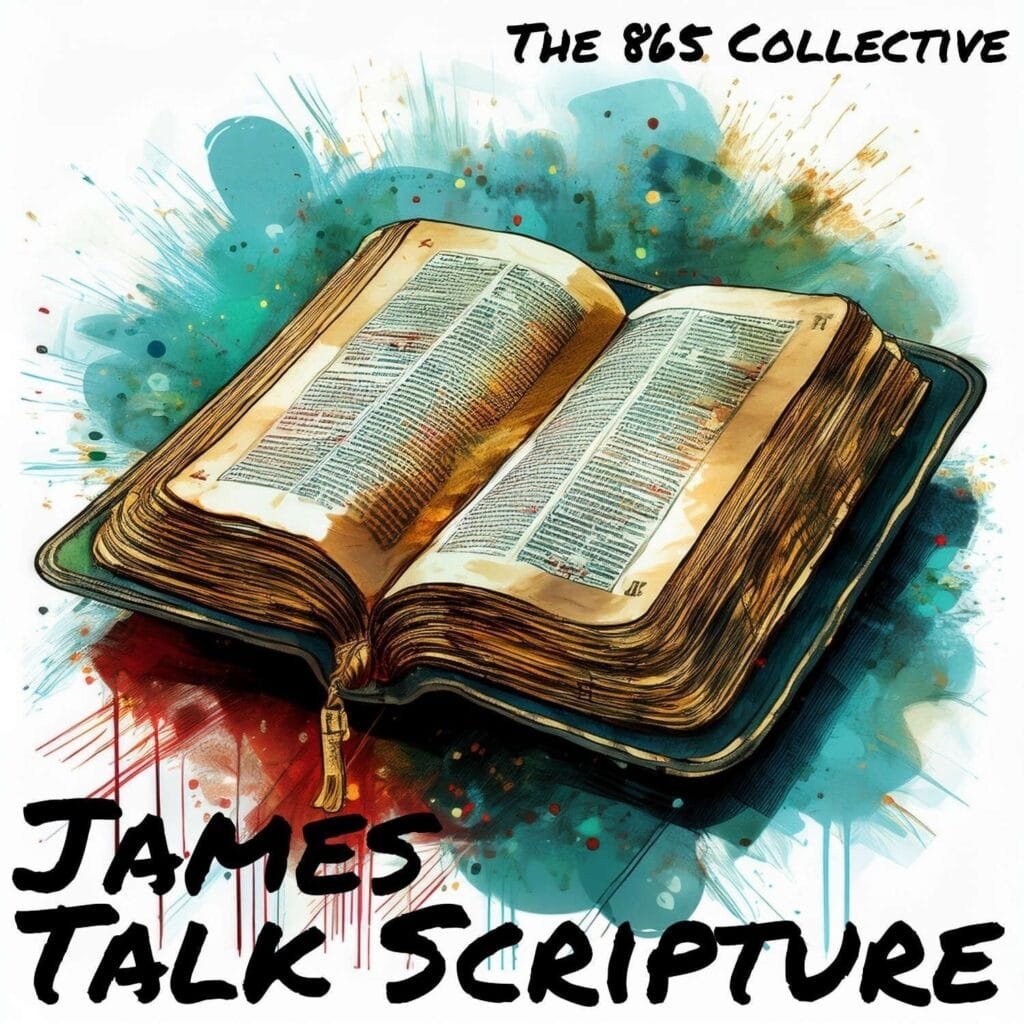James isn’t letting up—he’s leaning in. He’s made it clear: faith isn’t just something we claim; it’s something we live. It shapes the way we speak, the way we act, and how we treat people.
By this point, we should already be leaning in as well—hearts resolved, ready to step into radical obedience. Not radical because it’s beyond what God asks, but because so few are willing to live it out. And let’s be real—what James is about to say will challenge us. Because this isn’t just about doing good things. It is not that simple. It’s about seeing people the way God does.
James just finished telling us that pure and undefiled religion means caring for the orphan and the widow—that God Himself is the hope of the oppressed, and He calls us to be His hands and feet. That means stepping into the mess, meeting needs, and pursuing the people society often overlooks—those deemed insignificant because they don’t seem to “offer much.” But that’s not how God sees people. And if that’s not how He sees them, it shouldn’t be how we see them either.
But James takes it even further. Partiality—or favoritism, as we might call it—is deeply woven into human nature. So, he calls it out—head-on.
Have you ever treated someone differently because of their status? Given more respect, more attention, or more effort to someone with money or influence? Maybe not on purpose, but think about it. Society does it all the time. We roll out the red carpet for the rich. We chase their approval, hang on their words, and treat them like they matter more.
But James isn’t having it. Because God isn’t having it.
Wealth doesn’t determine worth. It doesn’t mean someone is more important, more loved, or more blessed. God blesses the just and the unjust alike. And when we show favoritism, we’re not just being unfair—we’re rejecting the God-given worth of another person. Acting as if their value is something we get to decide. And that? That’s sin.
And let’s be honest—this isn’t just about money.
Favoritism shows up in all kinds of ways. Maybe it’s political views. Maybe it’s race. Maybe it’s just choosing what’s comfortable—gravitating toward people who look like us, think like us, or make us feel at ease. I know I’ve done it. It’s subtle, but it’s real. And James makes it clear—favoritism has no place in the life of a believer. No place in the church. None.
But here’s the good news: God doesn’t play favorites. His love isn’t based on wealth, status, or reputation. He pursues us without condition, without hesitation, without partiality. And thank God for that—because if He did play favorites, where would that leave you? Where would that leave me?
So, if we’ve received that kind of love—undeserved, relentless, freely given—how could we not turn around and do the same?
What would it look like if we leaned into the uncomfortable? If, instead of being indifferent or distant from the person who looks different from us at church, we crossed the divide and reached out to them? Perhaps, instead of staring straight ahead at a red light, we turned and met eyes with the man holding the sign?
Gave him a smile—letting him know we see him.
He isn’t invisible.
Not to us.
Not to God.
ESV Study Bible. (2010). Crossway Books.
From Talk Scripture: Faith without Favoritism | James 2:1-7
This material may be protected by copyright.

